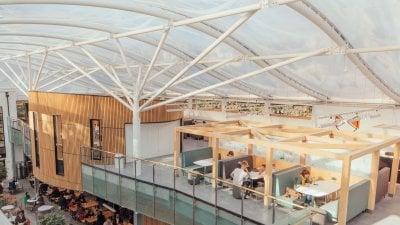Design for active living
Investigating and applying motivational strategies to encourage consistent and meaningful exercise habits in under-represented or excluded groups
This Research & Knowledge Exchange Doctoral Project brief summarises our priority areas of research interest under the heading of: Design for active living: Investigating and applying motivational strategies to encourage consistent and meaningful exercise habits in under-represented or excluded groups
We welcome all research degree applications aligned with and in response to this brief.
Project brief details
The benefits of regular outdoor exercise - from both a physiological and psychological perspective - are well reported in the literature. Exercise is a key strategy to support recovery after injury or illness (Rooney et al. 2023). In the context of healthy ageing, exercise to improve balance and mobility is the most effective way of preventing falls in people aged 70 and over (Bruce et al. 2021). In conditions such as osteoporosis, both weight bearing exercises with impact (such as walking or star jumps) and muscle strengthening exercises are recommended to help keep bones strong and healthy (Royal Osteoporosis Society 2024).
Despite the benefits, barriers to exercise are well known, e.g. weather/season, health problems, lack of time, work-related factors, and lack of interest (Korkiakangas et al. 2011). This practice-based design research project will explore motivational factors to encourage more consistent and meaningful exercise habits for a specific user group. The project will engage under-represented groups (e.g. women, older people, those with health conditions, people with lower socioeconomic status and people from ethnic minority backgrounds) who are less likely to access the natural environment through exercise (Natural England 2017, 2020). Through co-design methods, experimental practice, and prototyping, the research will examine how technologies can be harnessed to support behavioural change for exercise and active living.
Strategic alignment
Projects deriving from this brief are expected to sit within the Research & Knowledge Exchange strategy and the following department.
| Department | School of Architecture, Design & Interiors |
|---|
All successful research degree project proposals must emphasise a clear alignment between the project idea and our Research & Knowledge Exchange strategy.
Project brief lead

Project Supervisor: Simon Andrews
Simon Andrews is course leader on the Sustainable Product Design programme at Falmouth University and an AHRC studentship PhD researcher. His research practice focuses on the relationship between design and health and wellbeing, in particular the opportunities to empower people through inclusive design. He recently collaborated with local charity, Cornwall Mobility, to design a beach wheelchair to make access to the Cornish coast more inclusive. Through his PhD research project, he is currently working with people at risk of falls to design clothes and accessories that provide protection from hip fractures.
Find out moreHow to apply
Enquiries
Project brief & project proposal enquiries
To discuss this project brief, ideas or project proposal responding to this brief, please contact: Simon Andrews.
Application enquiries
For all other application related enquires please contact the Research & Development team.
T: 01326 255831
Additional resources
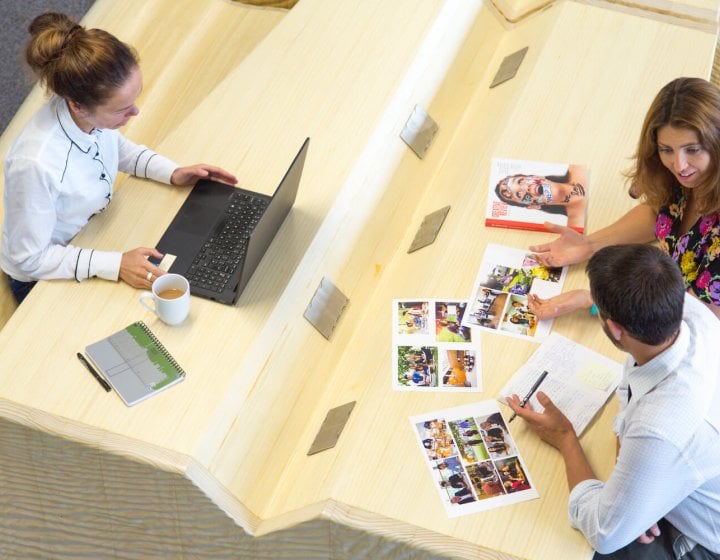
Fund your Research Degree
See the options available to help you fund your research degree.
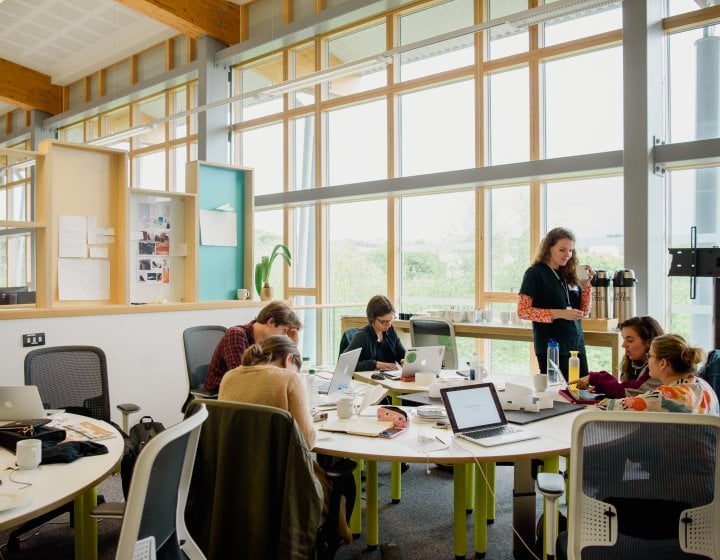
Falmouth Doctoral Studentships
You can apply for a fully-funded Falmouth Doctoral Studentship as part of your research degree appli...
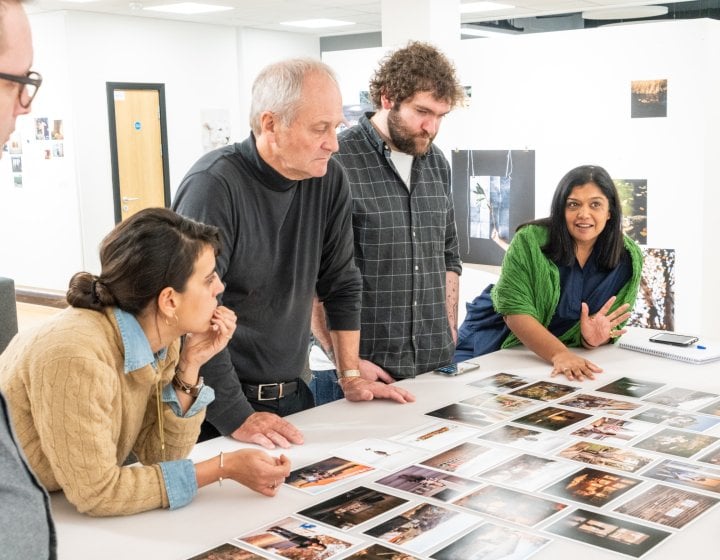
Research & Knowledge Exchange
By stepping beyond disciplinary lines, harnessing creativity and working with communities, we delive...
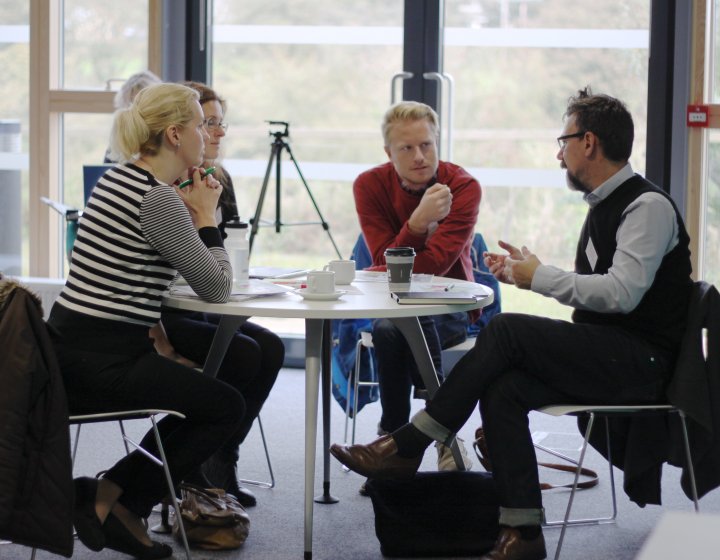
Doctoral Project Briefs
We invite MPhil and PhD project proposals that respond to a doctoral project brief.
